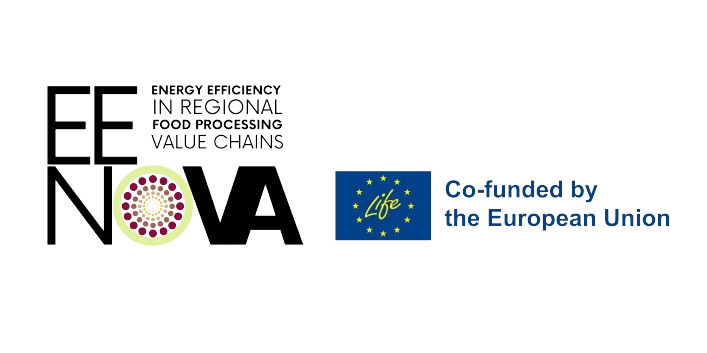Empowering the Food Industry: EENOVA’s Journey Towards Energy Efficiency starts at WSED
The energy efficiency market can only be created and stimulated by actors working together. This would include everyone from research centres and sectoral associations to companies and investors. Regulatory and EU funding programmes should create an effective framework for this collaboration to flourish.
Industrial energy efficiency is already about collaboration. There are very few opportunities behind the factory gates. Connecting to other energy users to optimise energy use is often the best way forward. Industrial Symbiosis is a good example.
As energy efficiency makes common sense within a company, industrial symbiosis does the same in an energy and resource-connected circular economy.
EU-funded projects like EENOVA, which analyses the connections of value chains in optimising energy efficiency innovations in the food industry, or CORALIS, which connects decarbonisation for resource and energy-intensive sectors, are examples of replication building on the pre-existing interaction of multiple sectors and energy users.
Working together and learning from each other between research, factories and business enablers is a much-needed springboard for energising future energy efficiency markets.
The recent participation of EENOVA’s partners in the Energy Efficiency Conference at #WSED provided a platform to showcase their methodologies and engage with a diverse array of stakeholders. This exchange of ideas and best practices fosters collaboration and accelerates the adoption of energy-efficient practices within the food industry.

Furthermore, EENOVA extends its gratitude to key collaborators such as OÖ Energiesparverband and the LIFE Programme for their unwavering support. Through initiatives like the LIFE Programme, which drives and supports energy transition and innovation in Europe, EENOVA gains the necessary resources and backing to continue their mission of catalysing change within the food sector.
With a keen focus on critical stages such as food processing, logistics, and packaging, EENOVA aims to optimise energy consumption across the entire value chain. By targeting these key areas, they not only reduce the environmental impact but also pave the way for cost savings and enhanced sustainability for businesses, particularly small and medium enterprises (SMEs).








